I was a foreigner to this land. I was born in North America, of Canadian and United States of American parentage. I began life in the Northern Hemisphere. I lived between the U.S.A. and Canada, most memorably on a tiny island off the south shore of Nova Scotia, in Atlantic Canada, traditionally known as Mi’kmaq territory. I finished high school at seventeen, travelled, worked, saved and made my way west across the Pacific Ocean for the first time at nineteen. From the tiniest island on the far northeast coast of North America, I arrived on the biggest island in the Pacific, an island continent, an ancient place of many names.
The breathtaking coastline, reefs, deserts, escarpments, mountain ranges, rainforests, savannahs, channel country, floodplains, saltpans, mangroves, swamps, sand ridge, granite, basalt, sandstone, mudstone, claystone, limestone, magnificent rivers, estuaries, lakes, billabongs, springs and much more have swept me away for over half my life. I can only try to put into words the feelings I have for this land, this island. It has grown me into adulthood, along with other islands, but this one more than any other. It is part of me now as I am part of it.
As I leave Australia, again, for the Northern Hemisphere, I feel an overwhelming urge to write a letter of love and gratitude to people and place. My experience with both has formed the landscape within, filled my heart and mind over the years I have lived here and shaped me in my life. It has been, and is, a great honour to learn and grow and know this country. I am extremely grateful.
In order to express this properly, I need to share some of my own story. I’ve included a few images of country collected along the way. I acknowledge the country in these images and those who came before, are here now and will be present in the future.
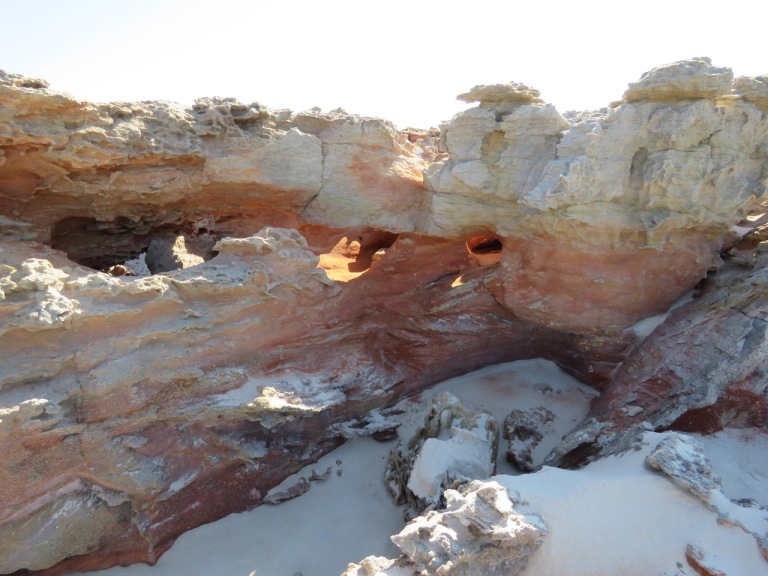
I experienced Australia as an adventurous young traveler and migrant—working the seasons farming and fishing, traveling, enchanted—one place to the next. I feel as one who has sought out remote, wild and hidden places and as one who has learned to listen to and to understand some of what the land and sea have to teach. This country has taught me some of my biggest life lessons, some suddenly, in dramatic spine tingling moments, and others with soft subtlety through time. It has always shown me the way, despite my arrogance, ignorance or recklessness. Through precarious situations and brushes with venomous creatures, on land and at sea, it has always kept me safe.
I worked and travelled for years, with others and on my own, ranging all over by foot, car, truck, motorbike and boat. At times with a purpose and a destination and sometimes just following a coastline, river or track. I met many people and shared time, space, laughter, tears and stories. I once believed the nature of Australia to be indomitable, with its loud cacophony of noises, bright, unabashed colours, deadly venoms and sharp powerful jaws. Now I know this continent to be as fragile as the natural balance everywhere.
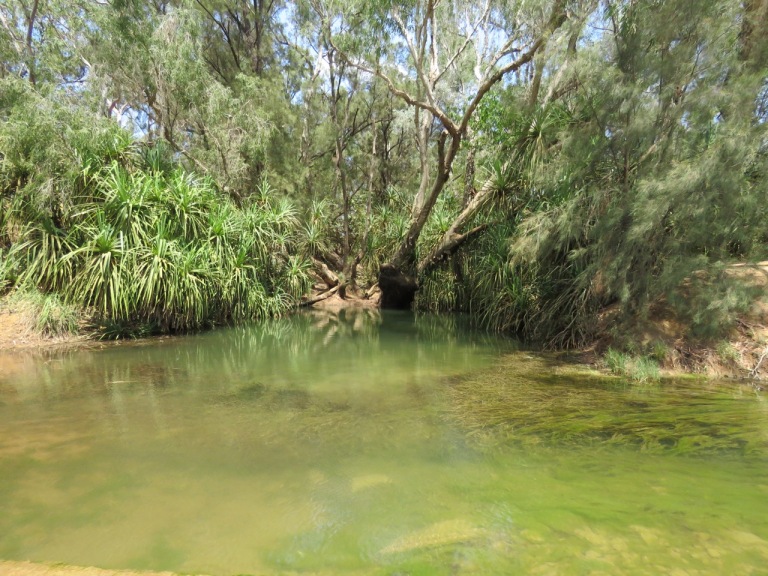
I’ve listened to stories as told by the land and sea and by people and sometimes all of them at the same time. I have heard histories big, small and personal, not found on commemorative plaques, at community halls or on roadhouse walls. I’ve heard some of the oldest living stories of the First Peoples of this place. Old stories carefully kept and made new in the retelling and sharing. I have been gifted with a view and experience of this country through a traditional cultural lens that is incredibly deep, rich and exquisite.
I can only begin to understand and wonder at its complexities and interconnectivity. I have great respect for all First Australians, who have kept and keep connection, language and culture alive, against all odds. There is living human knowledge of great importance and value to our world here—a gift from the Old People and the country itself.*
With all of my heart, I wish to acknowledge and thank my Indigenous and non-indigenous Family, Friends, and Colleagues whom I have had and have in my life. I have been and am still incredibly humbled by the love, trust and respect I have been shown by those with whom I have worked and shared time on this country. What we shared, learned and created together has shaped my understanding of and love for culture, country and our world. Thank you for sharing your country.
*Note: ‘Old People’ is a term expressing respect for ancestors. Referring to land and sea as ‘country’ comes from Aboriginal usage and has, over time, been adopted by mainstream and appropriated by Australian Government. In Kriol, it is spelled, ‘kantri’.
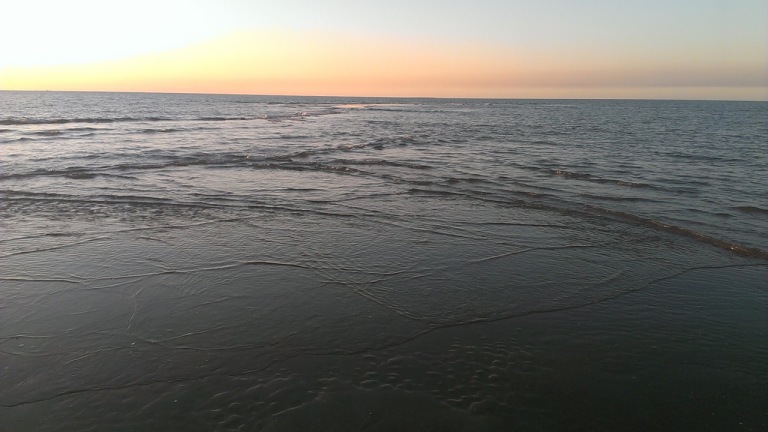
For about twenty years I have worked with, alongside and for Aboriginal and Torres Strait Islander peoples, communities and organisations in Australia. Traditional cultures are the only ones I have known that have nature at their heart and that celebrate our human relationship with it. In my experience, Aboriginal and Torres Strait Islander Australians are among the only people who will protect the nature of this place, truly, at all costs. I have also been fortunate to work with many others, indigenous and non-indigenous, from almost every sector across Australia on our shared commitment to care for the land and sea and to promote cultural well-being.
I have done this work with all the heart, dedication and ability I possess. I have been and remain passionate about this work, about social and environmental justice, creating understanding and building cooperation between individuals and groups of people. I have laughed, cried and loved hard with others on country, while doing this work. I value our natural world above all else. I value life, which includes us. We are made of natural elements, an animal species which depends totally on natural systems for our survival. Everything human, everything in us, is connected to nature. All people have a cultural relationship with our natural world from our first breath. Natural and cultural resources are one and the same. They cannot and should not be separated.
I am someone who wants to help create a better, more possible future, with healthier, more just relationships between each other and with our natural world. There is no better feeling than being in a team that is truly working together. I have also engaged with people, organisations and governments that can’t or won’t work with each other. And while more see the benefits of working together, few recognize the necessity of doing so. The nature of our relationships and the effort we are willing to put into them determine the limitations of our work.
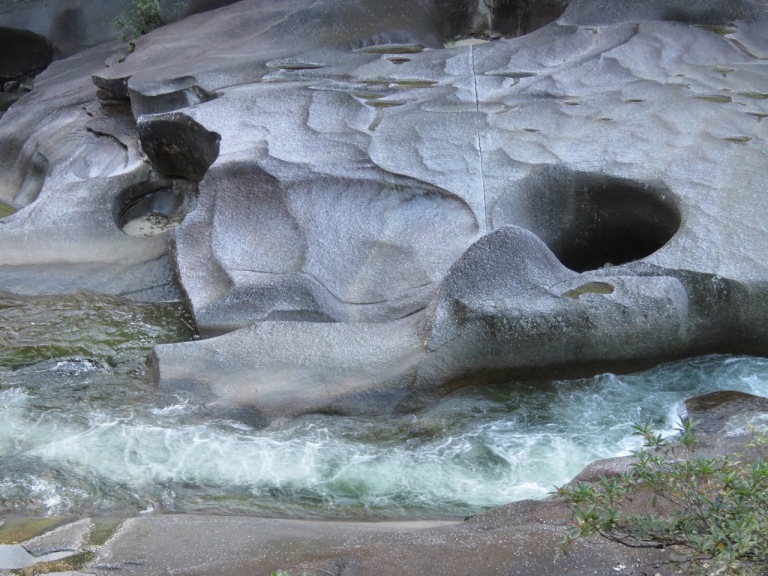
Admittedly, it doesn’t feel like a green and gold ‘Australia’ to me. Yes, it is vibrant, vast and lucky but also a living, shimmering interconnected web of life, nations and languages all the way across, through, over and under country and into the waters and seas. Recently imposed boundaries and fence lines interrupt song and storylines where people once lived, walked, traded, sang and danced. Holes in the ground replace areas where resources were once plentiful. The earth has become salty and poisoned by our use. Life-giving waterways are dammed, diverted and suffocating. Plants and animals die, adapt or struggle to survive in a drastically altered ecology. Still, country tells us many stories if we’re listening. Country shows us a time when it was alive with human touch, when it was family. As do the ancestors bones buried in desecrated earth. The true human history and the lines of connectivity between people and country remind us that First Peoples are the stewards of this place by birthright-in the law of land, sea and sky. All people and all life here are a part of this whole, knowingly or not.
It has been bittersweet to learn about the most inconceivable and unbearably evil deeds of humankind perpetrated here alongside the most amazing natural origins of human development and culture. Since invasion, ‘first contact’ or ‘settlement’ began, the colonisation and genocide of First Peoples have continued and are still well underway in Australia and elsewhere to this day. There is an agonising wound in Australia that does not heal, labeled by governments as a ‘gap’. This wound is an inherited legacy of cruelty, brutality, violence and suffering. The ‘gap’ represents a profound disconnection, a great divide. On one side are those trying to heal themselves, their families and their country from deep intergenerational trauma, which continues now, in many ways; on the other, are those who deny any of this ever happened or that it continues. Mainstream Australian denial of historic reality and the experience of Aboriginal and Torres Strait Islander people not only damage the healing process but also perpetuate the ongoing trauma and re-traumatise people.
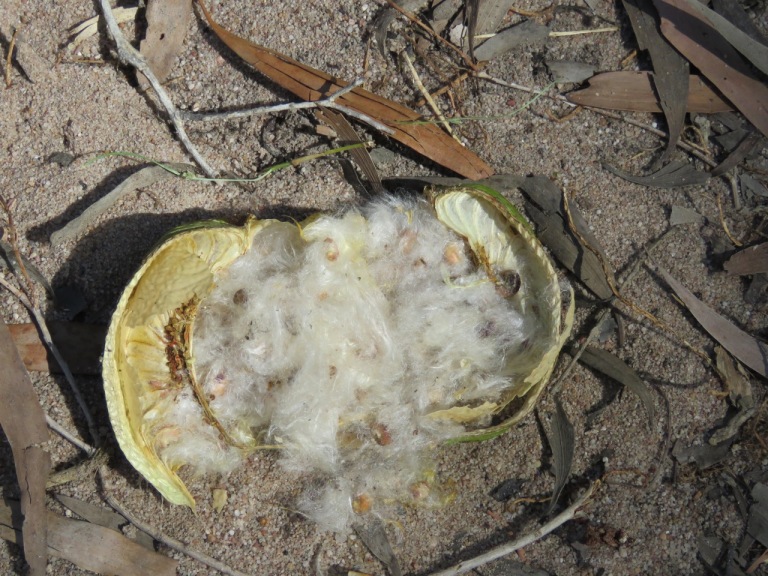
While national, state and territory legislation of Australia has been written and passed to address dispossession and Aboriginal and Torres Strait Islander land rights, the power of government is still tightly held by the entitled white. Residual colonial rationalism largely influences overarching values and broader mainstream opinions. Economic practices and social norms continue, overwhelmingly, to assume a posture of white superiority with echoes of a false but persistent premise of ‘terra nullius’.
Disappointingly, mainstream consultation processes and service delivery practices have a strong undercurrent of segregation, assimilation and punishment. The strategy of divide and conquer has long been used against First Peoples of Australia, and others the world over. This destructive tactic is old and insidious.
Government policies directed at Aboriginal and Torres Strait Islander Australians perpetuate attitudes of tokenism and extreme distrust. The recent rejection of the Uluru Statement from the Heart by the Australian Federal Government is one example. The appointment of former Australian Prime Minister, Tony Abbot, as ‘special envoy of Indigenous affairs’ by the newly positioned Prime Minister, Scott Morrison, is another great insult to all Australians. It rubs salt in the wound that is the ‘gap’. And those who do not see it are disinterested, in denial or not paying attention.
This dynamic is not unique to Australia but has become a painfully entrenched and extremely crippling characteristic of Australian identity. National statistics clearly and consistently show extreme disparities for Aboriginal and Torres Strait Islander Australians. Rates of incarceration, deaths in custody, suicide, infant mortality, removal of children, disease and shorter life expectancy are shocking. The numbers shout loudly of injustice, inequity and suffering. In response, the resounding silence is deafening.
Comprehending human acts of injustice and cruelty that are beyond imagination challenges and confronts us. Yet recognising this reality is also a part of understanding who we were and who we are, where we are now and how we came to be here. Together we must make an effort to find truth, no matter how difficult. Some people cannot or will not. Inconvenient or uncomfortable facts are easily dismissed when one is in a position to do so. Whether we like what we see or not we must begin to acknowledge how our society is organised today. In order to understand our place we must also recognise the biases and power structures from which our societies, our governance and we, ourselves, are built.
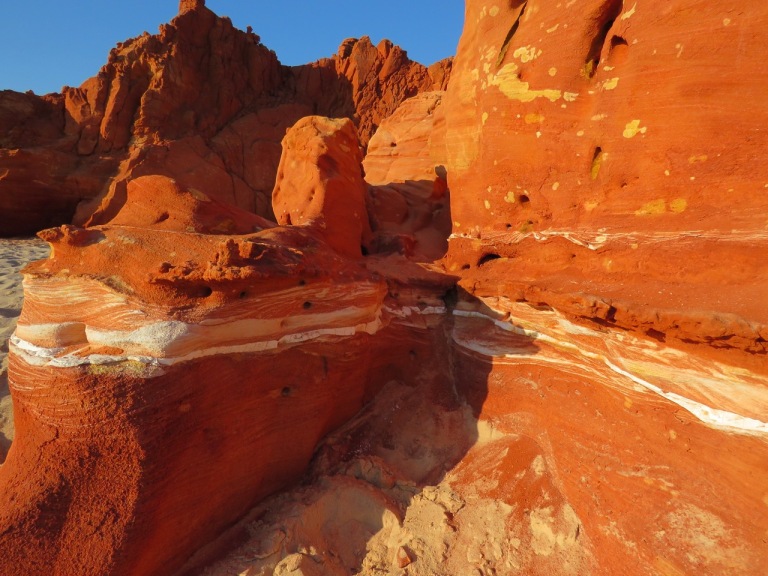
By recognising our own place in society, we are better able to use our positions, comparative privileges or power to work towards the changes we wish to see. This is a lesson in our shared humanity, our collective human story, not a two dimensional history of ‘them’ and ‘us’, whitewashed or written only by so-called ‘victors’. This recognition may be the only way we will stop damaging each other and our world; the only way for us to stop the devastation from happening again. If one of us is oppressed, so are we all. I am an optimistic realist. I can imagine the world as I wish it to be in fine and clear detail and I know there is specific and diligent work to be done to reach that world.
I am not a person of letters but I do have great appreciation for the human gift of words and language, for all that can be expressed through writing, speaking and singing. I acknowledge that the intersection between language and knowledge is very important. In the context of our natural world, however, there are many ways of knowing things, the least of which can be found on paper. Human knowledge is a gift from all those who came before. Language is our human song and holds great layers of knowledge within it. But it is not always written. This knowledge is a living thing, a very human understanding of our place in the world. We share a responsibility to respect, learn from and build on that knowledge. How can we not take an interest in learning what we may from our shared human journey?
We construct wordy ‘civilized’ games on paper, trying to pin down or quantify something that is actually in a constant state of change. We rely on the solidity of written text found in policy, research and environmental assessment papers to make decisions about what is best for the natural world, as if we are somehow owners of it, while remaining disconnected from it. We use the written word and dominant language as a justification for control. Because language has power.
When we identify written knowledge as the only reliable source, we also deny other ways of understanding and other forms of human knowledge the chance to speak, or for nature herself to speak, and to be heard. Our relationship with the natural world is biophysical but it is also energetic. Science shows us this. It’s not that I don’t believe in science or the written word. I most certainly do! I also believe science is a knowledge system that can only be complimented, enriched and made stronger when combined with other human knowledge systems. Both scientific and religious belief systems have long been and are regularly subverted to serve human greed and those who hold the balance of power. This process is often aided by what is written and by how we interpret and use it.
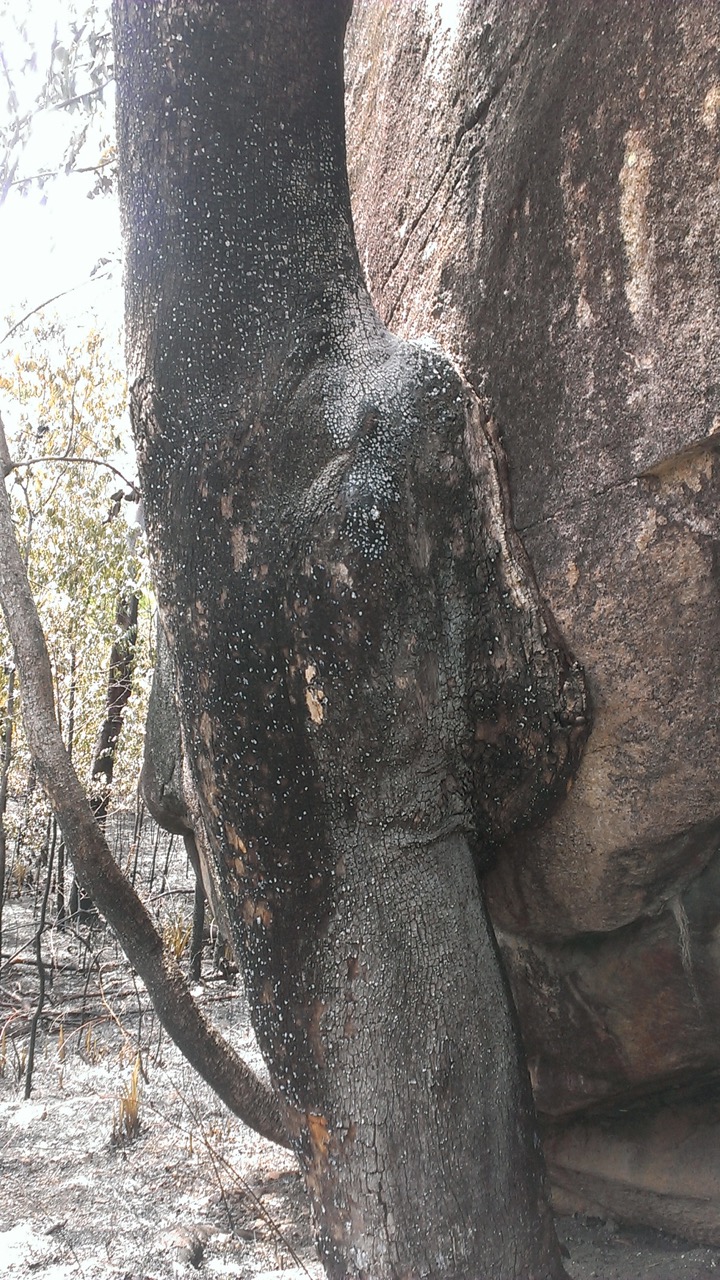
Through my work I have learned the importance of celebrating the wins no matter how small, everyday. It becomes important to see the trees themselves, because a constant focus on the large-scale destruction of the forest can be too overwhelming. In the same way, the individual connections and small changes we can create with one another make a difference. Human violence and brutality are ever-present and there is no sense in it. One can believe and feel what one may, in relation to others and society, and carry on living with it. Or one can choose to do something, in a small humble human way, to change the whole situation for the better of all. No matter how many times we are knocked back or down, or fumble or fail, as long as we are in it together, I know that everything is and will be okay.
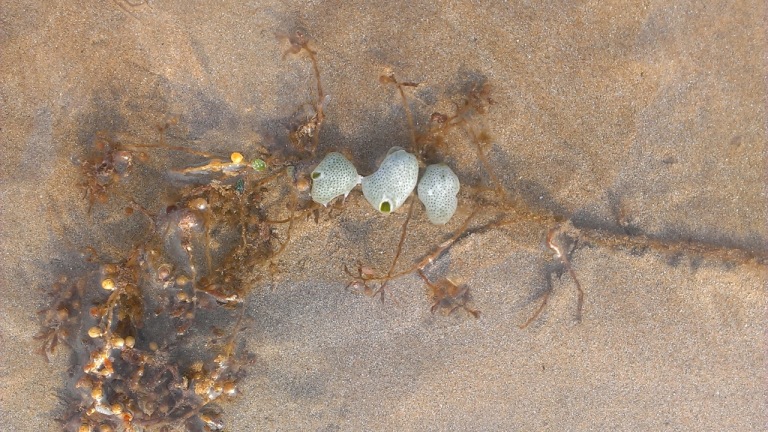
There is a historic legacy and a sub-culture of those who work in the ‘Indigenous Industry’ in Australia. And there is a saying that non-indigenous people, such as myself, working in this space are ‘missionaries, misfits, martyrs, mercenaries and madmen’. Like most good Australian sayings, there is some truth in it. I have long pondered which type, or combination thereof, describes me. Misfit and madman seem the closest, if I had to choose from the list. I have certainly encountered examples of every ‘type’ and many in-between.
I am always disheartened, sometimes bitterly disappointed, though no longer surprised, to find that some individuals who have the capacity to do the most damage to the healing process can be found within Aboriginal programs, organisations and politics. It is exhausting and discouraging to find abusers, bullies, browbeaters, self-proclaimed experts, empire builders and gatekeepers so much a part of this work when it is already difficult enough.
Non-indigenous people. . . yes we have valuable contributions to make to the process, but most important is to listen and act on what our Indigenous Comrades ask of us. Sometimes we just need to shut up and be ‘white’, while standing shoulder to shoulder with our Comrades. We need to place ourselves in uncomfortable and challenging situations. We need to ask ourselves, and others, difficult questions: Why are we doing what we do? Are we advocates for change? If so, what kind of change are we advocating for? Do we help create or provide a platform for others, who are less represented? Do we believe in a better future that can be imagined? Do we consciously or unconsciously reinforce stereotypes, ‘black’ and ‘white’ with words or actions? Are we perpetuating attitudes of paternalism? Are we imposing beliefs on others because we think we know best? What is being achieved through our involvement? Is the achievement shared? Is our need to be ‘right’ more important than our desire to connect and cooperate?
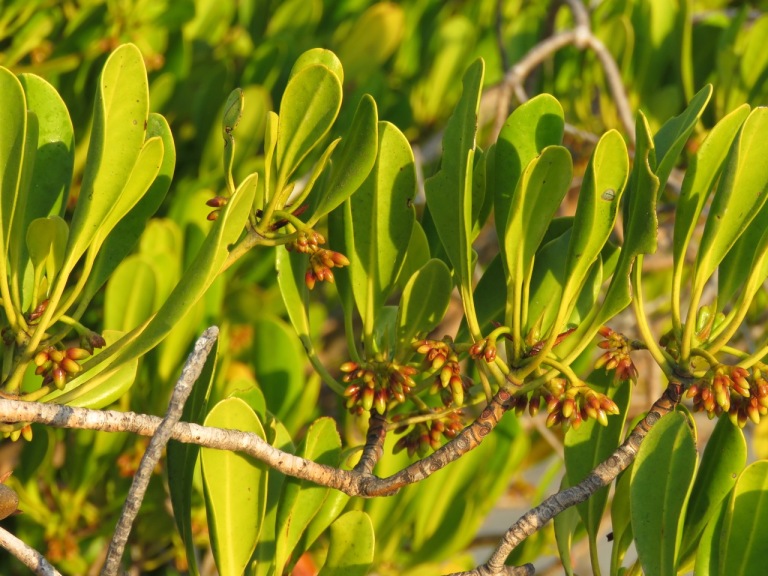
There is a great deal of work to be done. But if the people we are working with don’t want us there, then we should not be there. And if we cannot commit to make this work our own, and contribute to its progress, then we must not slow it down. We must always ask ourselves: What we are contributing? Engaging oneself in an honest internal dialogue about these issues, like anything, takes practice. Doing so increases self-awareness, self-knowledge and self-trust. This engagement is required of us in order for healing to take place and for us to move on together. Decolonisation, by an individual or a group, is a work in progress. It is not doing penance. It is doing the necessary work.
There are and will be times when we feel appreciated, included and understood. There are and will be times when we will feel resented, despised and dismissed. As allies, and as advocates for change, there are times when we will experience all of these things. This is our human undertaking, a burden to be shared by all, not only by those living with oppression. This journey is heartbreaking and inspiring, devastating and sustaining. It is a testament to our human cultural resilience and survival—a commitment to our future generations.
I yearn to see more ‘white on white’ advocacy for the good of all of us. Let’s not let ‘political correctness’ stop us from taking personal responsibility, or standing up for ourselves and alongside others, even if we do so clumsily. When others scorn or laugh at us, then we will begin to understand what our brothers and sisters experience everyday. The notion of race is a fabrication: we are one, luckily diverse species. This is our strength. Diversity supports resilience.
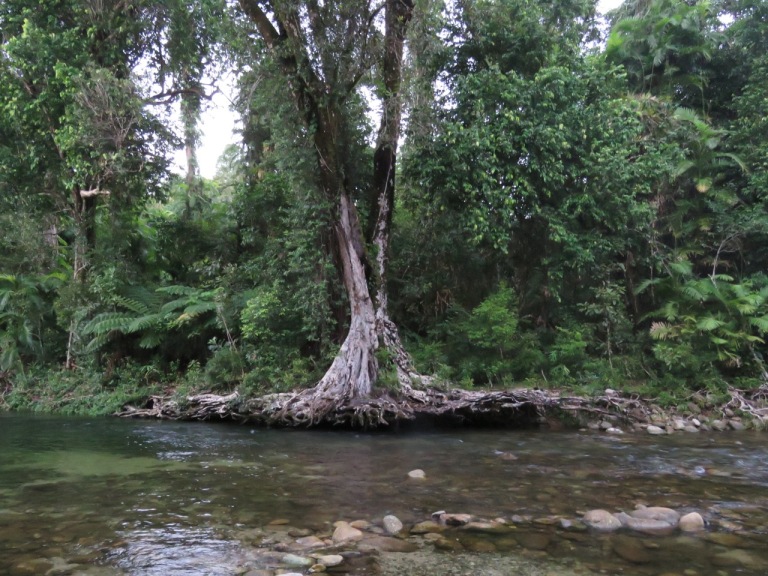
Federal Government treatment, outright abuse and vilification of those seeking asylum in Australia has reinforced the evil menace of inhumane policies and cruel punishments. There are more displaced people now than at any time in recorded human history. Increasingly, there are generations of stateless peoples who find there is nowhere for them to be and no where to keep their children safe. Human rights abuses perpetrated by wealthy, western, ‘civilised’ nations against those displaced are well documented. In this age of information technology we have the ability to see, hear and understand each other in ways never imagined. Rather than divide us, this knowledge could allow us the choice to value our lives and the lives of others equally. As the worldwide ‘refugee crisis’ unfolds we share a global opportunity to find our Humanity.
Those who perpetuate racist and bigoted attitudes and behaviours are unable to respect or reason with others and therefore cannot truly live with others unlike them. They cannot lead or participate in the process of saving our world. While we cannot ‘walk in another’s shoes,’ we can show each other compassion and we can have empathy for any other life. We are human and have this amazing ability.
Like many others, I too am frustrated and disgusted by the indifference, the complicity and inaction of those who hold privilege and power. As they choose to perpetuate systems that no longer serve us, they are driving us off the cliff of our existence on this magnificent planet we call home. Those systems must be dismantled and reimagined. It is time. I am outraged and saddened not just at the cost to humans but to that of all life that shares our world. There is so much ‘management’, so much putting our hands on Mother Earth. Grabbing Her by Her everything. Taking what we want, then poisoning Her, killing off species and destroying Her ability to regenerate and heal Herself.
There is so much needless suffering, loss and destruction. If we do not strive to be better humans, if we do not advocate for respect and better treatment of others, our planet and ourselves, then how will we evolve and ultimately survive? What we do to the natural world we do to ourselves. If we are really doomed to compete against and enslave each other, whatever the justification, then we are a self-destructive species acting as a parasitic colony on all other living systems and the earth.
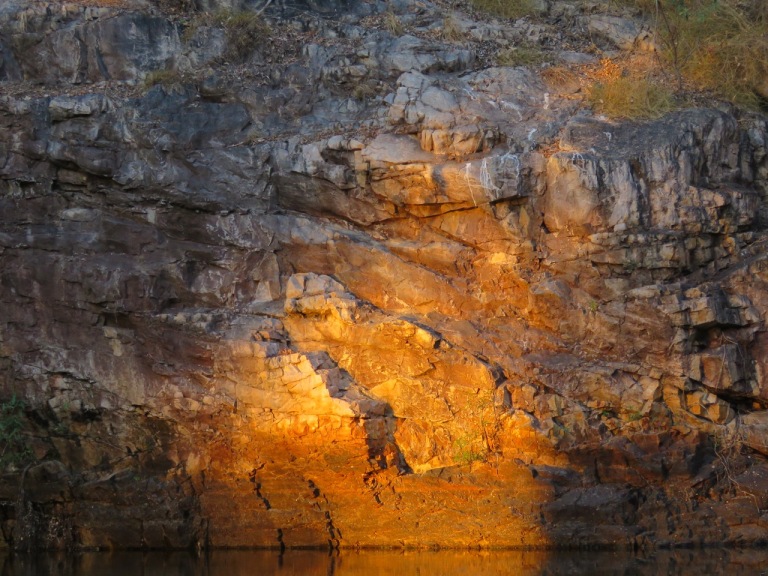
We have the capacity to work with and support our planet and each other in ways that would lead us to an incredible future. We could accept that natural processes are larger and more powerful than us. We could find our human place in those processes. We could find our Humanity together. Our ability to survive and adapt by learning from our past is, perhaps, our greatest human asset.
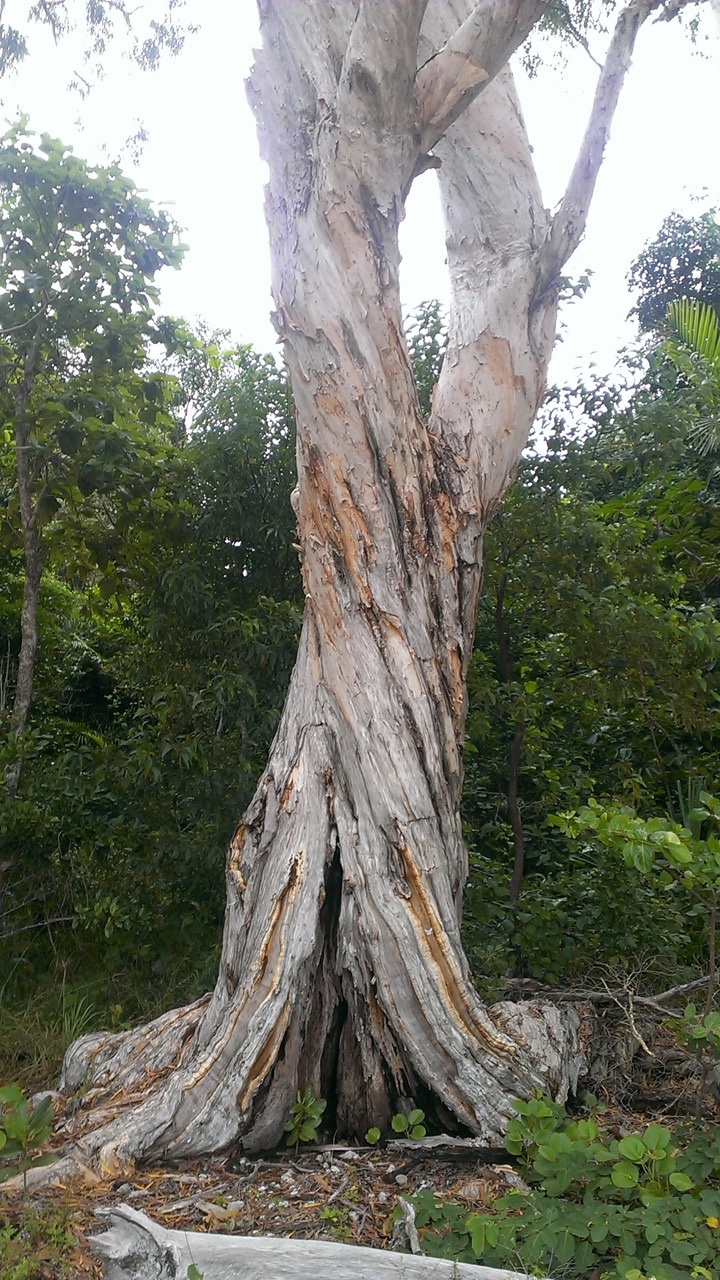
We could exist, interconnected and interdependent, with all other life, if we put our hearts and minds to it, as one. I know we can do this. I can see it. I have to believe in it. Let’s do the work together. Let’s challenge ourselves, our friends, colleagues and families to see another side of an issue and value other perspectives. Educate, discuss, share awareness and above all, laugh together! Never underestimate the power of humour in reaching each other. We all have to do this. We have to share and listen to each other’s stories. And more than ever we have to be ready to change.
I admit there are days when I can only weep for our world, for all its wonders and horrors and unstoppable motion. For Time feels fleeting and one’s life is a blink. Is it truly our nature to punish each other and ourselves, scorching the earth as we go? Will we stop, I wonder?
For the love of Oz. . .for the love of our world. . .we could. Because we love, inspire and teach each other. We make sense of life together and cry and laugh together when we cannot. We hold onto each other so we do not slip away and see each other so we do not become invisible.
I know that the connection I feel, and the love I share with others keeps me alive. It fills my heart so full I sometimes feel it will burst.
Karman Lippitt
2018
Beautifully said, Karman. Your message is profound and true. Thank you.
Thanks for reading it Marshall. It’s good to know you’re in the world my Friend X
Wow so well said Karman!
Thanks heaps Tara! Love to you and the family X
Gosh I miss you lady!! You always articulate so many of my own thoughts and feelings so well. Thanks for filling my heart and reminding my soul of hope and absolute fierceness. xo